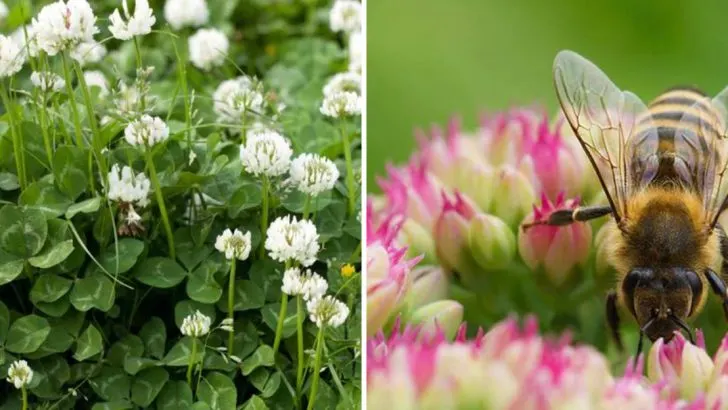White clover might not be the flashiest plant in your yard, but it’s quietly doing a lot more than most people realize. Tucked between blades of grass or growing wild along roadsides, this hardy little plant has a long history—not just as ground cover, but as a helpful companion in the garden, a forager’s friend, and even a home remedy staple.
It’s easy to overlook something so common, but white clover brings plenty to the table, from supporting pollinators to improving soil health naturally. If you’ve been pulling it out of your lawn without a second thought, you might want to reconsider. There’s more to this unassuming plant than meets the eye.
White Clover’s Lawn Enchantment
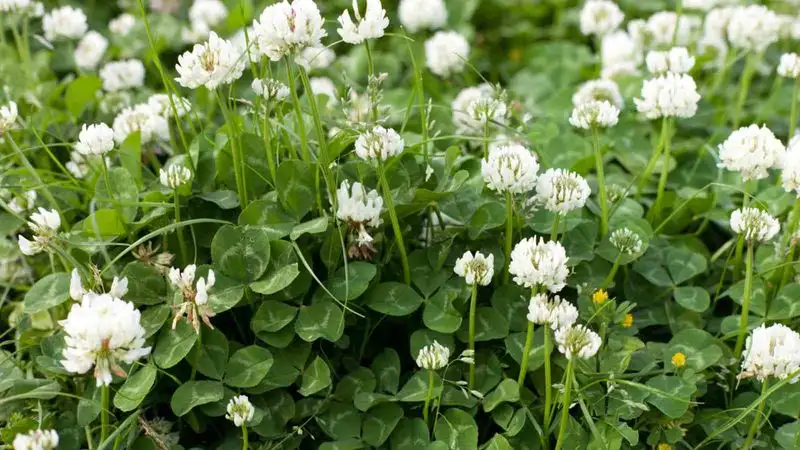
White clover, with its trifoliate leaves and delicate white flowers, can transform your lawn into a lush carpet. This plant’s low-growing habit and nitrogen-fixing ability make it a perfect companion for grass. In addition to its aesthetic appeal, white clover improves soil fertility by fixing nitrogen. Its presence reduces the need for synthetic fertilizers, promoting an eco-friendly gardening approach. Plus, clover’s resilience to drought means it stays green when the grass wilts. Its natural beauty and environmental benefits make it a prized addition to any lawn.
Bee Haven
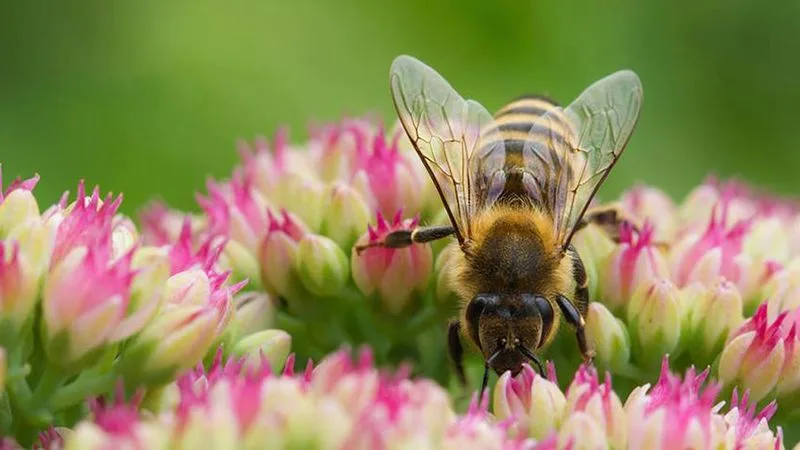
Did you know that white clover is a favorite among pollinators? Bees, in particular, are drawn to its sweet nectar. By planting white clover, you create a paradise for these vital insects. Bees play a crucial role in pollination, and white clover provides them with a reliable food source. This mutualistic relationship supports biodiversity and enhances the health of your garden. Imagine the gentle buzz of bees as they dance among the clover blossoms, ensuring the vitality of your outdoor space. It’s a win-win for nature enthusiasts.
Natural Soil Enhancer
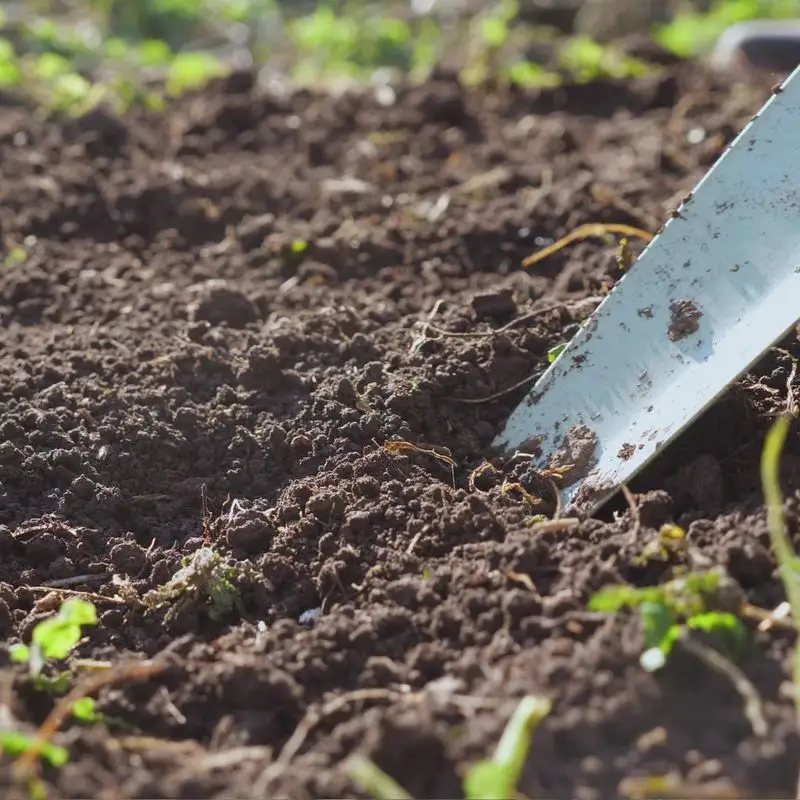
White clover is revered for its ability to enrich soil naturally. Its roots host rhizobia bacteria, which convert atmospheric nitrogen into a form plants can use. This natural fertilization process boosts soil fertility, reducing dependence on chemical fertilizers. Gardeners cherish white clover for its role in improving soil structure and preventing erosion. Its dense root system holds the soil together, preventing runoff and maintaining the land’s integrity. By choosing white clover, you invest in a sustainable future for your garden.
White Clover in Folklore
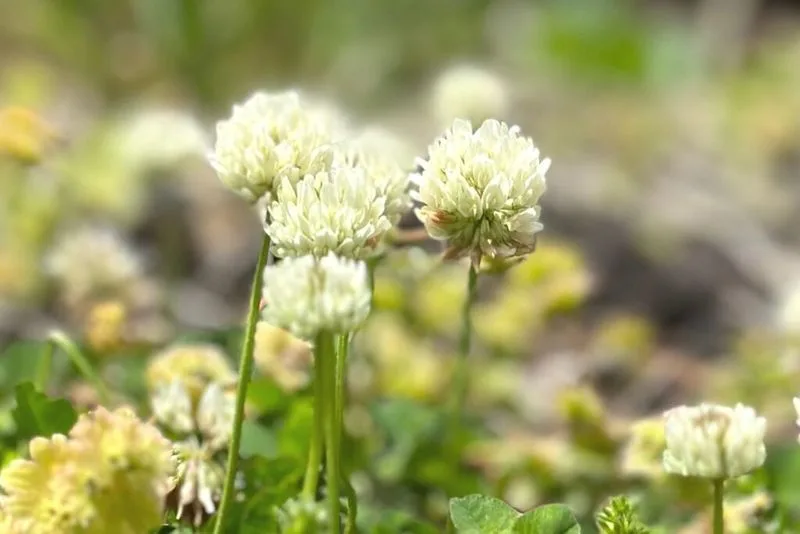
Clover has long been steeped in folklore and symbolism. Ancient cultures believed it possessed magical properties, often associating it with luck and protection. Four-leaf clovers, although rare, are considered lucky charms. In some traditions, clover was used in rituals to ward off evil spirits. Its presence in gardens was thought to bring prosperity and happiness. This rich tapestry of myths adds an intriguing dimension to white clover’s appeal. Whether you seek luck or simply enjoy its beauty, clover’s folklore endures through time.
Medicinal Marvel

White clover isn’t just for lawns; it’s also a natural remedy. Traditionally, it has been used in herbal medicine to treat various ailments. Its anti-inflammatory properties make it useful in soothing skin irritations and minor wounds. Herbalists often incorporate white clover into teas to relieve colds and coughs. The plant’s versatility in traditional medicine highlights its potential benefits for health and wellness. As an herbal ally, white clover continues to be a gentle, effective remedy passed down through generations.
Forage for Livestock
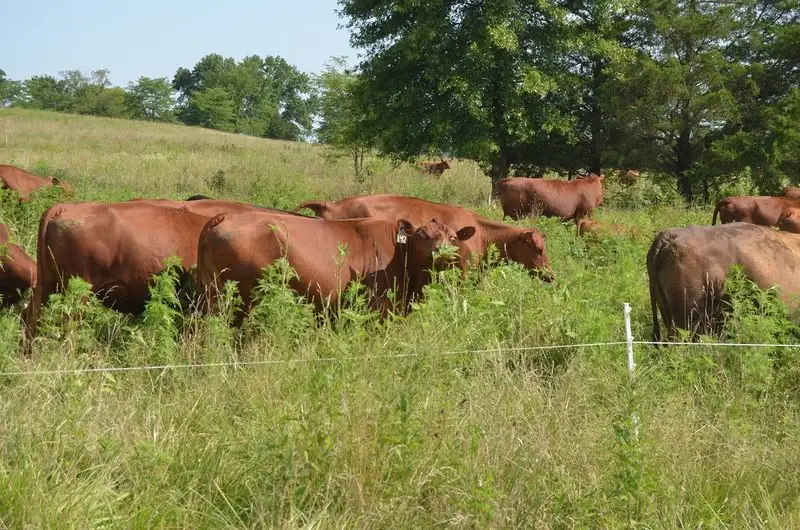
Farmers adore white clover as a nutritious forage crop for livestock. Its high protein content and palatability make it a favorite among grazing animals. By integrating white clover into pastures, farmers enhance the diet of cows, sheep, and goats. This, in turn, boosts livestock health and productivity. Clover’s resilience to grazing pressures ensures its presence in fields year after year. Imagine a bucolic landscape where animals thrive on a diet enriched by nature’s bounty. White clover’s role in agriculture is unparalleled.
Eco-Friendly Lawn Alternative
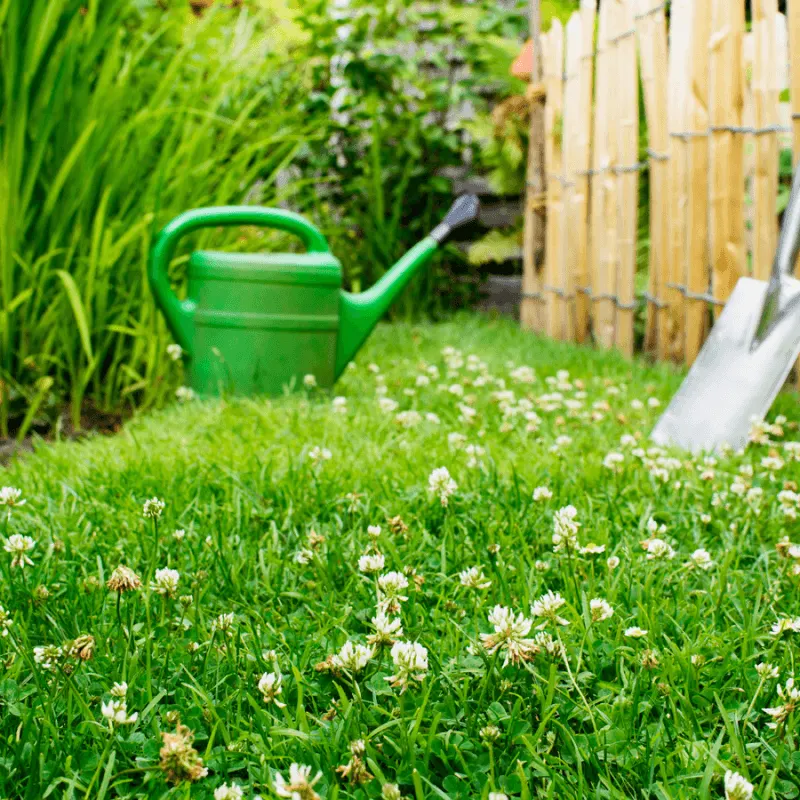
Tired of maintaining a traditional grass lawn? White clover offers an eco-friendly alternative. Its low maintenance needs make it perfect for busy homeowners. Clover lawns require less mowing and watering, saving time and resources. This hardy plant stays green year-round, even in drought conditions. Its soft texture is gentle on bare feet, making it ideal for families. By choosing clover, you contribute to water conservation and reduce carbon emissions. It’s a small step towards a greener lifestyle, embraced by environmentally conscious individuals.
Wildlife Sanctuary
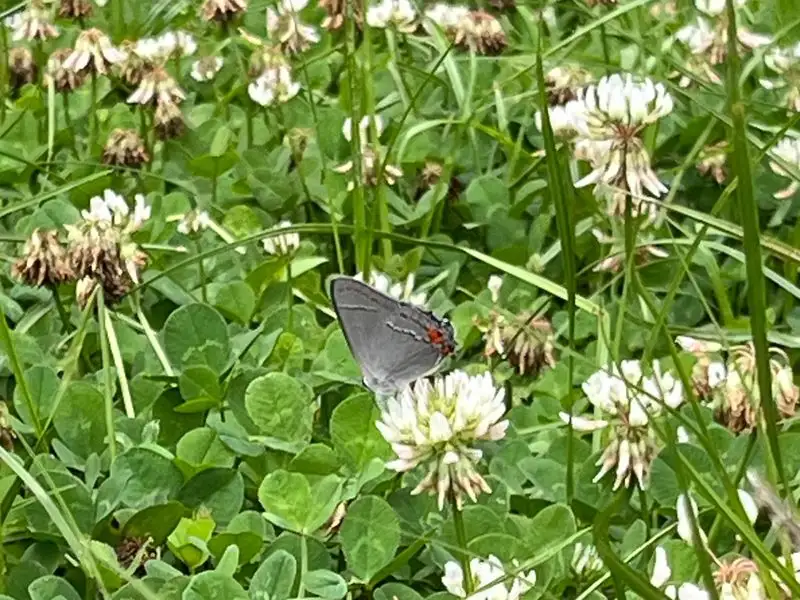
White clover fields are teeming with life. This plant provides habitat and nourishment for various wildlife species. Butterflies, bees, and birds flock to clover patches, drawn by the abundance of food. The plant’s role in supporting biodiversity is vital for maintaining ecological balance. By cultivating white clover, you invite a symphony of nature into your garden. Watch as butterflies flutter and birds chirp in harmony with the rustling clover leaves. This interaction not only enhances your garden’s beauty but also fosters a thriving ecosystem.
Clover in Cuisine
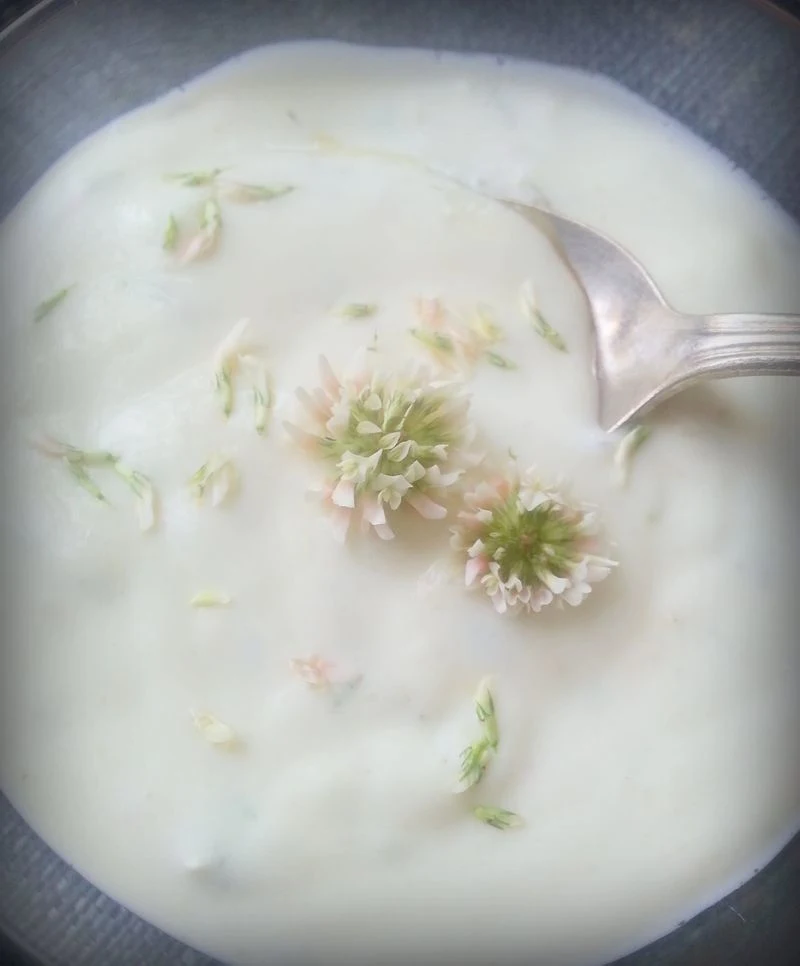
Surprisingly, white clover finds its way into culinary creations. Both its leaves and flowers are edible, adding a unique flavor to dishes. Chefs use clover as a garnish, infusing salads and desserts with a touch of nature. Its mild, sweet taste complements a variety of recipes, from teas to honey-infused syrups. By incorporating clover into meals, you explore a new dimension of culinary artistry. This edible plant not only delights the palate but also connects the dining experience to its natural roots, embracing creativity in the kitchen.
Natural Lawn Aerator
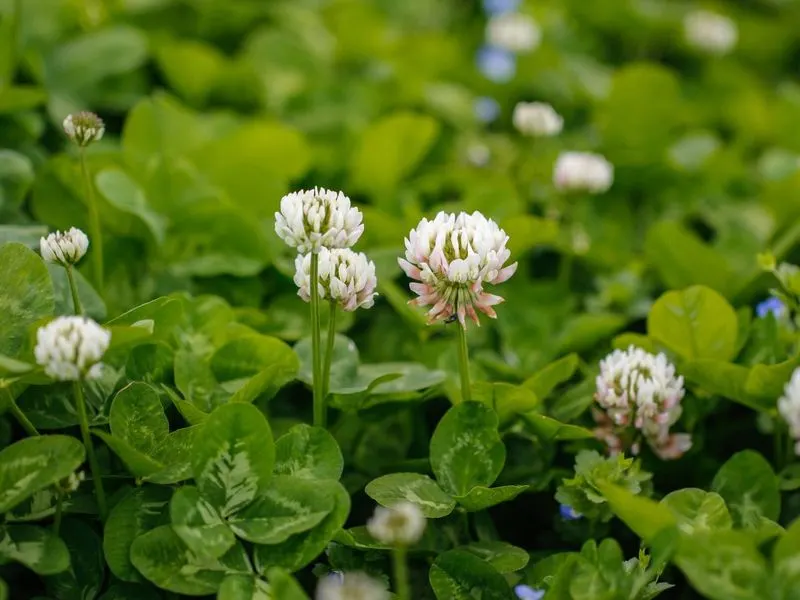
White clover acts as a natural aerator, improving lawn health. Its roots penetrate the soil, creating channels for air and water. This natural process enhances soil structure and drainage, promoting healthy grass growth. Gardening enthusiasts appreciate clover’s ability to maintain a vibrant lawn without mechanical aeration. The plant’s presence reduces soil compaction, fostering an environment where grasses and other plants thrive. By embracing white clover, you support a self-sustaining lawn ecosystem that requires minimal intervention. It’s a testament to nature’s ingenuity.
Erosion Control
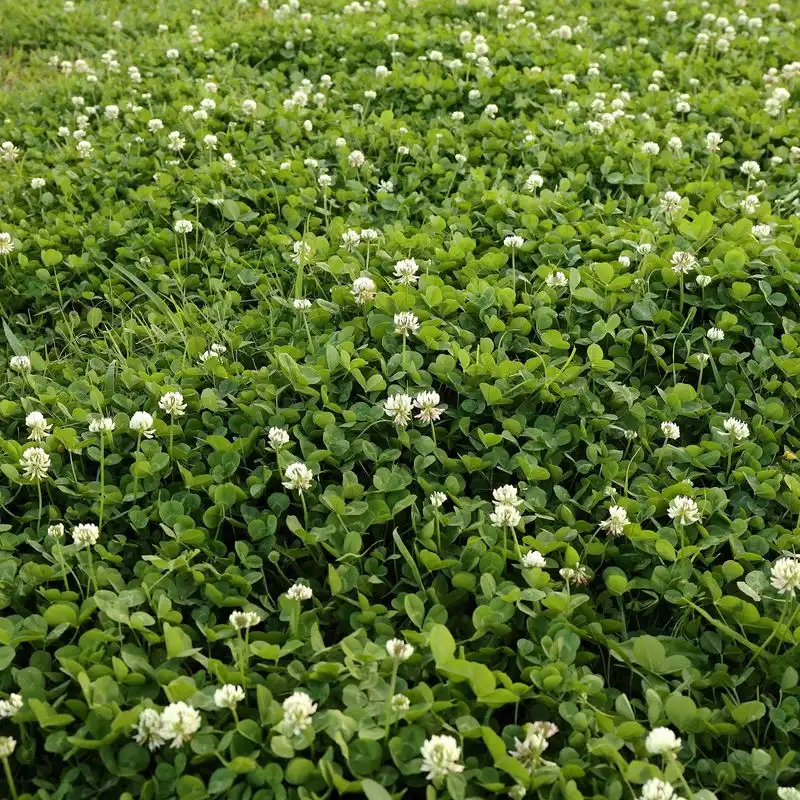
With its dense root network, white clover excels at controlling erosion. The plant stabilizes soil on slopes and embankments, preventing loss due to wind and water. Farmers and conservationists use clover to protect vulnerable landscapes. Its ability to quickly establish ground cover makes it an excellent choice for erosion control projects. Imagine a hillside, clad in lush clover, standing firm against the elements. White clover’s role in preserving land integrity is a testament to its environmental significance and practicality.
Historical Use in Agriculture
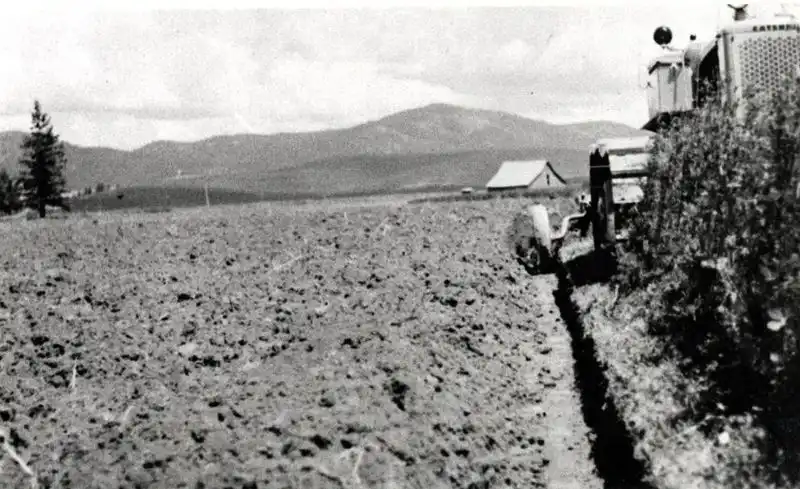
Historically, white clover has been a cornerstone in sustainable agriculture. Its use dates back centuries, when farmers recognized its benefits for soil health. Before synthetic fertilizers, clover was a primary nitrogen source in crop rotations. This historical practice improved soil fertility and crop yields naturally. White clover’s enduring presence in agriculture underscores its role as a sustainable farming ally. Explore the legacy of clover in agricultural history and appreciate its contributions to food security and environmental stewardship. Its story is one of innovation and sustainability.
Natural Dye Source

Artisans have long used white clover as a source of natural dye. Its leaves and flowers produce subtle hues ranging from soft greens to earthy browns. This natural dyeing process is eco-friendly, avoiding synthetic chemicals. The resulting colors evoke a sense of connection to nature, appealing to those who value sustainable fashion. Imagine wearing clothes dyed with clover, embodying nature’s artistry. By choosing natural dyes, you support environmentally conscious craftsmanship and celebrate the beauty of natural pigments.
Clover’s Role in Companion Planting
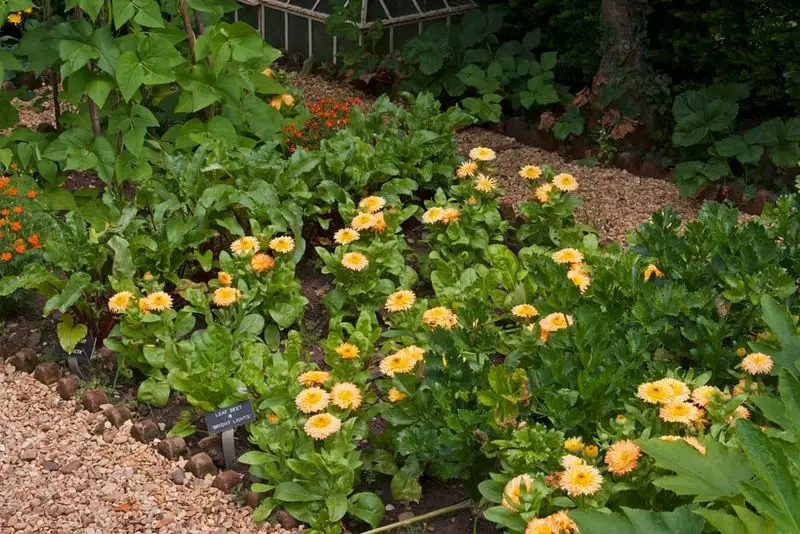
In companion planting, white clover shines as a supportive partner. Its nitrogen-fixing ability benefits neighboring plants, enriching their growth. Gardeners plant clover alongside vegetables to boost productivity and deter pests. The plant’s dense growth habit suppresses weeds, reducing competition for resources. By choosing clover as a companion plant, you’re fostering a harmonious garden environment. This symbiotic relationship exemplifies nature’s cooperative potential, ensuring a bountiful harvest. Embrace the artistry of companion planting with white clover as your ally.
Symbol of Peace and Prosperity
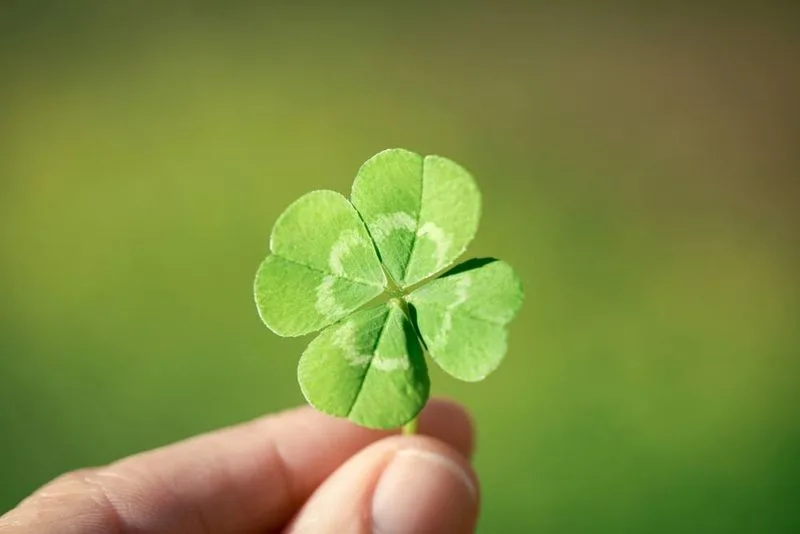
White clover has often symbolized peace and prosperity across cultures. Its trifoliate leaves represent faith, hope, and love. Some traditions view clover as a harbinger of good fortune. Gardens adorned with white clover are believed to invite tranquility and abundance. The plant’s symbolism resonates with those seeking harmony in their surroundings. Imagine a serene space where clover blooms amidst gentle breezes, embodying peace. By incorporating clover into your garden, you embrace these enduring symbols, inviting positive energies into your life.

